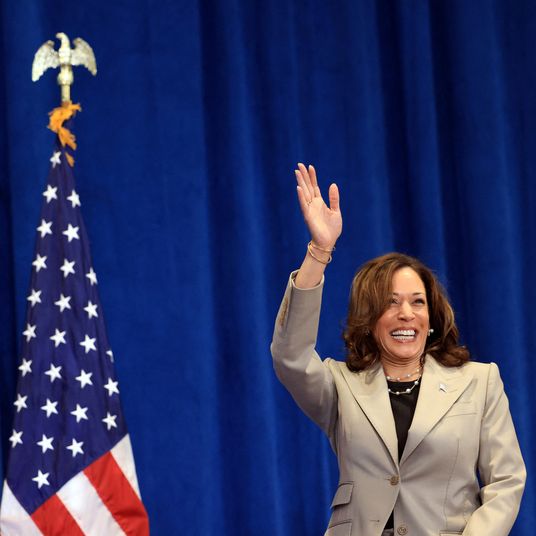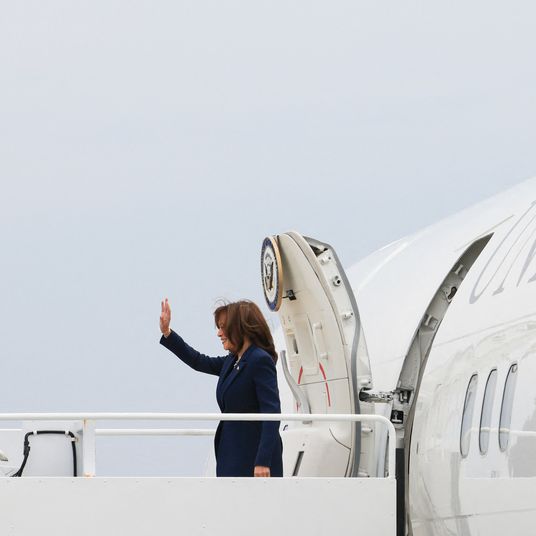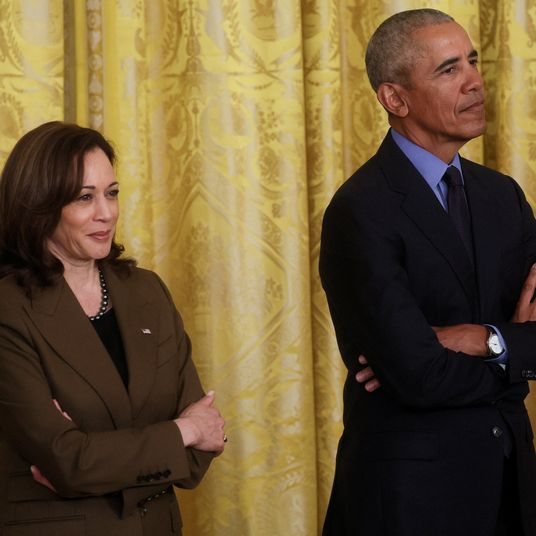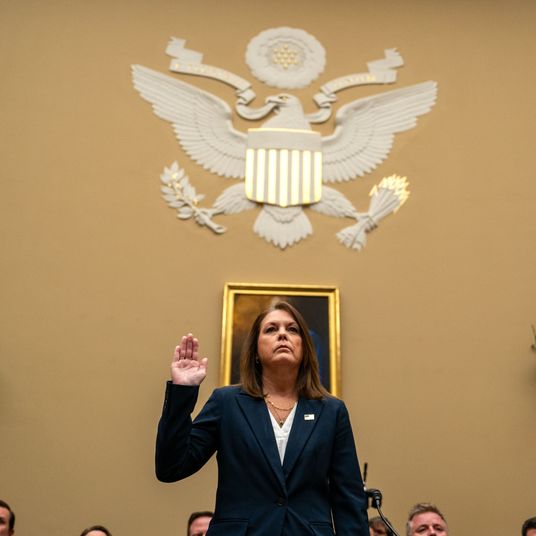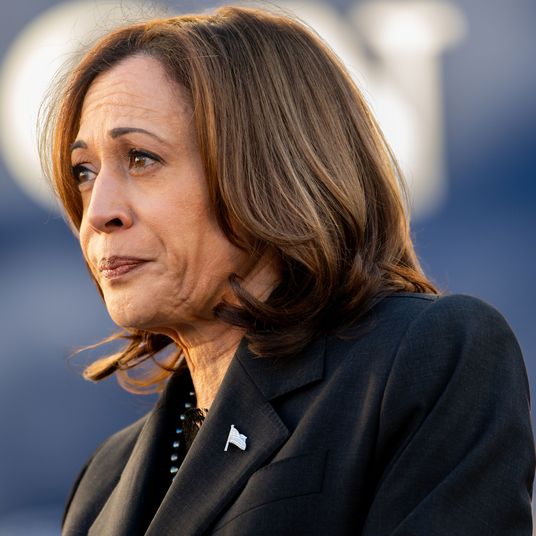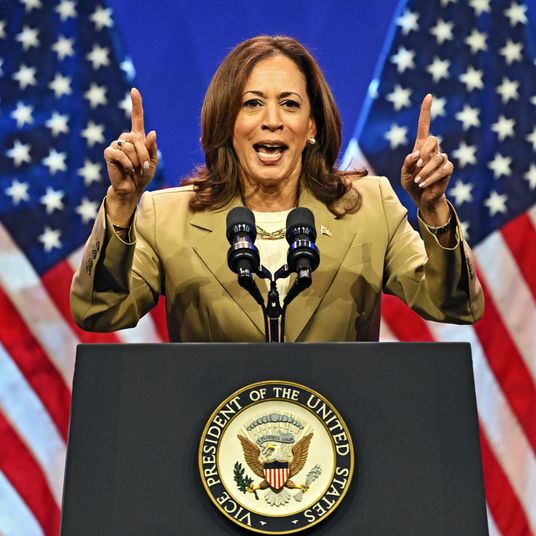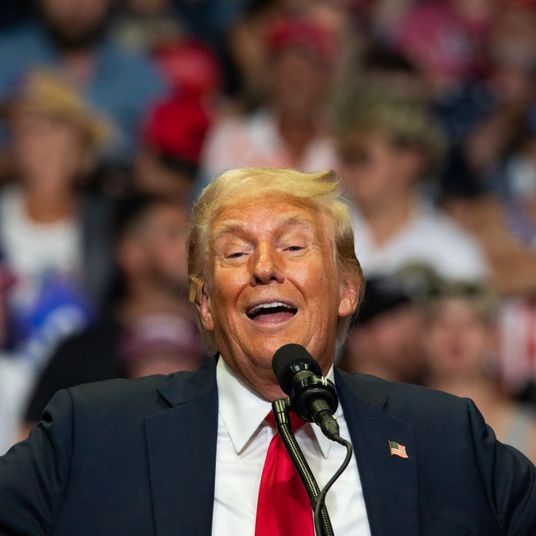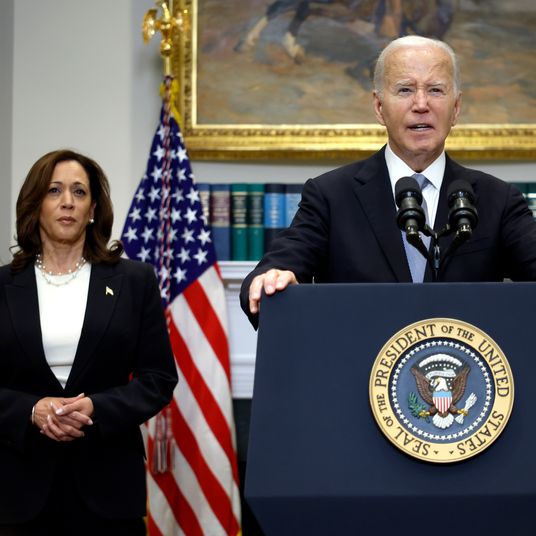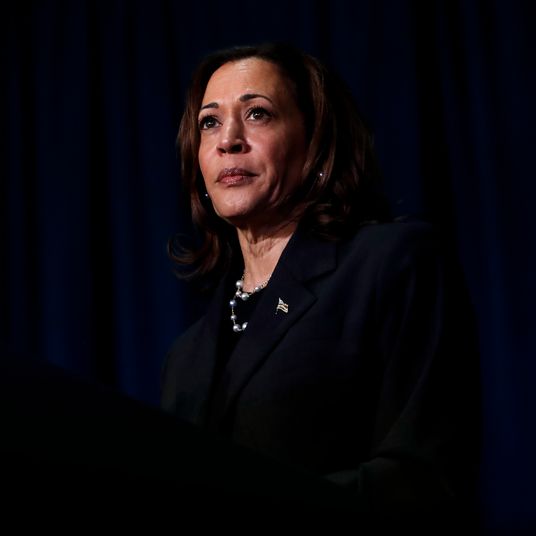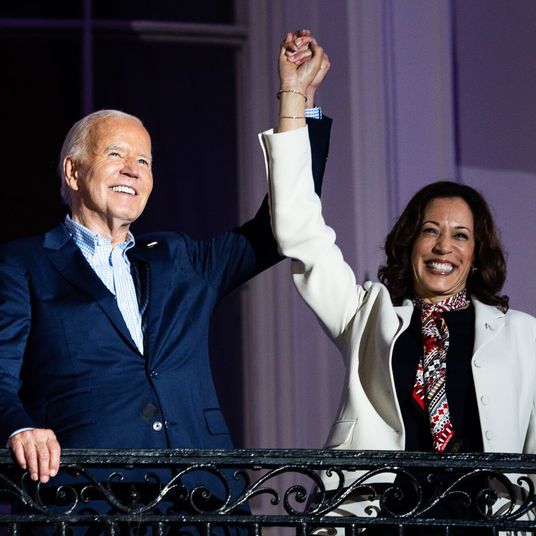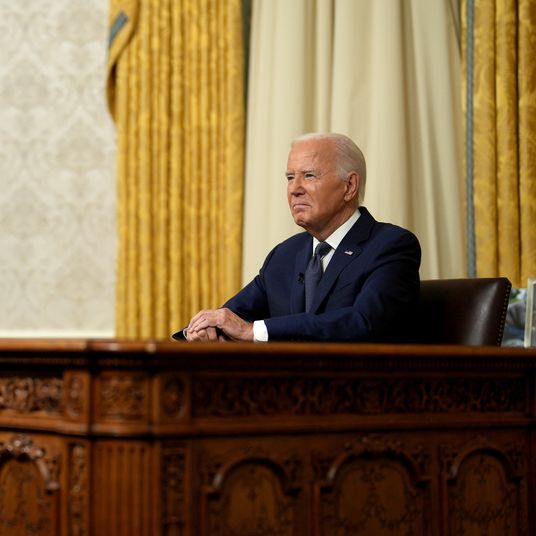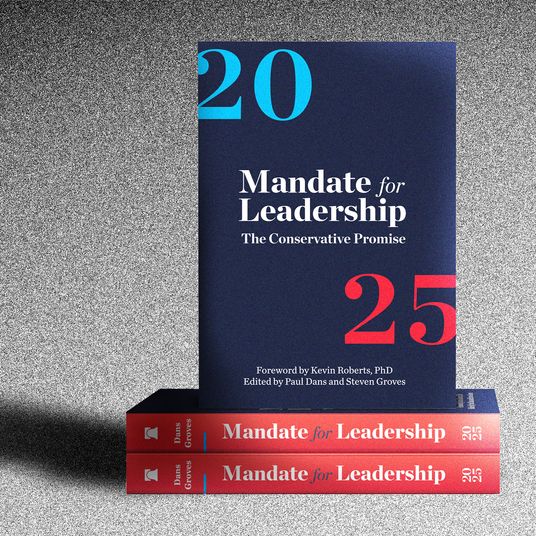
The holiday season is full of many wonderful time-honored rituals in cites, homes, and houses of worship. There is also a less wonderful ritual in Washington, where the desire of members of Congress to get out of town for the holidays frequently gives troublemakers leverage to hold up must-pass legislation until the last minute possible. Two years ago there was a partial government shutdown on Christmas Day. Last year another one was narrowly averted.
You’d think politicians would have had enough wrangling already this year to give it a break and punt disputes into next year when a fresh administration and a closely divided Congress gets to begun a whole new cycle of pain and futility. But two weeks from Christmas, it doesn’t look to be in the cards.
There are three separate, largely manufactured crises underway at present.
Stopgap Spending
As usual, when the current fiscal year began on October 1, Congress had not passed the bills necessary to fund the government for a full year, so a stopgap spending bill was passed, kicking the can down the road to December 11. Lo and behold, House and Senate appropriators are still arguing over specifics, even though they are operating within a two-year budget adopted in 2019, which set the parameters for spending in all major areas, in theory avoiding partisan collisions and government-shutdown threats.) So another stopgap measure extending the deadline a week was passed this week, after the Senate avoided multiple efforts to take the bill hostage by those demanding non-germane defense-bill changes, partially germane stimulus legislation priorities, and a particularly ironic amendment denying members of Congress pay if they miss budget deadlines. Here’s the situation on appropriations now, according to Roll Call:
Lawmakers now have a little bit of time, but not much, to negotiate the omnibus spending bill. That catchall measure, amounting to roughly $1.4 trillion, is needed because none of the 12 regular appropriations bills for federal agencies have become law.
While the stopgap legislation gives negotiators an extra week, in reality key decisions need to be made within the next few days in order to write the massive bill and get it to the floor of both chambers in time. Otherwise, yet another temporary funding measure will be needed next week.
Senate Appropriations Chairman Richard C. Shelby, R-Ala., said lawmakers were “very close” to resolving a major sticking point over emergency spending for veterans health care.
That’s right: This massive bill is still stuck on one area of disagreement, and Congress could again kick the can down the road until 2021, after (probably) some more hostage-taking exercises as the 116th Congress winds down. But the other reason Congress gave itself (at least) one more week to talk about it is that the spending bill is expected to serve as the vehicle for COVID-19 stimulus legislation, the subject of bipartisan negotiations that have been going on intermittently since last spring.
COVID-19 Stimulus
The long battle for a stimulus bill to extend and supplement what Congress did way back in March with the CARES Act is coming to a head with even less clarity than usual. The two parties are more-or-less backing two different compromise proposals, with Democrats favoring the bipartisan “908 plan” (so-called because of its $908 billion price tag) and Republicans favoring a new administration bill tossed into the mix earlier this week by Treasury Secretary Steven Mnuchin. They are similar, except that Mnuchin’s proposal ditches the supplemental unemployment benefits most Democrats consider crucial, and instead substitutes a second round of direct “stimulus” payments to most low-to-moderate income taxpayers, pegged at half the $1,200 made available by CARES.
Most Republicans (with the exception of President Trump, and also Senator Josh Hawley, who joined Bernie Sanders in briefly pushing a full $1,200 check as an amendment to the stopgap spending bill) aren’t interested in a “second check,” and it’s not the top priority for most Democrats, either. But that may be a sideshow: Key negotiators Nancy Pelosi and Mitch McConnell don’t seem happy with the provisions in either compromise proposal governing assistance to state and local governments (a big deal for Democrats) and a liability shield for corporations facing COVID-19 lawsuits (an equally big deal for Republicans). With the two sides now not even agreeing on who should be negotiating with whom, it’s looking grim for a deal before the stopgap spending measure runs out. There’s now increasing talk that the negotiations could extend beyond December 18 or even past Christmas, according to Politico:
“Everybody kind of assumes that we’ll get back here next week and all these efforts that are going on will run into kind of the proverbial brick wall,” said Senate Majority Whip John Thune (R-S.D.). “Sometimes it doesn’t look that promising but we still have a week and a half to go. Maybe we’ll be here at Christmas.”
The speaker, too, sounded downbeat Thursday when she left the door open for late-December negotiations: “We have to have a bill and we cannot go home without it,” Nancy Pelosi told reporters. ”But we can’t go before the package is ready and the votes are there.”
“We’ve been here after Christmas, you know,” she added.
Maybe they figure Congress will be around for a good while anyway thanks to developments in the third ring of the late-session circus, the defense bill.
The Defense Authorization Bill
After breaking a filibuster from Rand Paul, the Senate has finally cleared a proposed final version of the 2021 Defense Authorization Act, a $741 billion monster that sets defense policy for the next year. But the president has been threatening to veto this usually must-pass measure for months, initially because of his opposition to language mandating a change for military facilities named after Confederate generals, and more recently for its failure to include a non-germane provision stripping social-media platforms from protection against liability for what their users say.
The Senate vote was 83-14, and since the House earlier passed the same bill by a 335-78 margin, Congress should be able to easily override a presidential veto. But there are signs of growing Republican reluctance to buck Trump on this gesture, which could be the last legislative controversy of his presidency. House Minority Leader Kevin McCarthy, who voted for the final bill, says he won’t support an override. The House Freedom Caucus is also backing Trump, as are a trio of would-be future Republican presidents in the Senate (Tom Cotton, Ted Cruz, and Josh Hawley). At a time when most Republican lawmakers are backing Trump’s wild claims that he won a second term, it’s increasingly doubtful they’ll go along with slapping his hand on a veto.
If Trump goes through with his veto threat, it’s probably curtains for any immediate congressional adjournment, as the Washington Post observes:
The president has 10 days, excluding Sundays, to consider whether he will sign the legislation — a clock that starts once the White House receives paperwork from Congress. In that time, he may choose to sign it into law, reject it with a veto, or simply let it fizzle. If Congress is still in session at the end of the 10 days, it automatically becomes law; if Congress has adjourned, it doesn’t, and the legislation is defunct.
That means, unless Trump signs the bill into law swiftly, Congress could be forced to stay in session through Christmas, when lawmakers are usually out of town.
As the secular socialists like to say: Happy Holidays!







